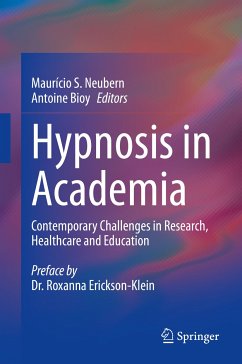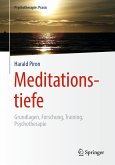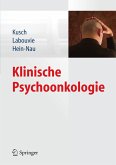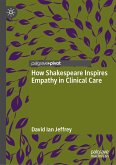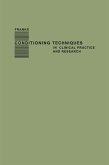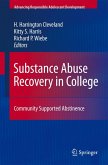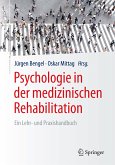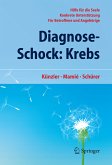This volume intends to shed a new light into the discussions about the growing presence of hypnosis in academia by bringing together contributions of practitioners and researchers working with hypnosis in academic settings in ten countries from different parts of the world: Belgium, Brazil, Canada, Cuba, France, Hungary, Israel, Portugal, Russia and Switzerland. The discussions presented in these contributions revolve around four axes of analysis: the historical trajectory of hypnosis within academic institutions; the epistemological nature of hypnosis and its relationships with other fields of knowledge; the importance of scientific research for the current development of hypnosis and its clinical applications; and how teaching and training in hypnosis is organized in universities today, with its ethical and legal implications in different cultural contexts.
Hypnosis in Academia: Contemporary Challenges in Research, Healthcare and Education will be a great resource for both researchers and practitioners working with hypnosis, and a valuable source of information for human and social scientists in general interested in understanding how a once discredited practice regained respect from the academic community and is now a growing topic of interest for scholars and clinicians all around the world.
Dieser Download kann aus rechtlichen Gründen nur mit Rechnungsadresse in A, B, BG, CY, CZ, D, DK, EW, E, FIN, F, GR, HR, H, IRL, I, LT, L, LR, M, NL, PL, P, R, S, SLO, SK ausgeliefert werden.

